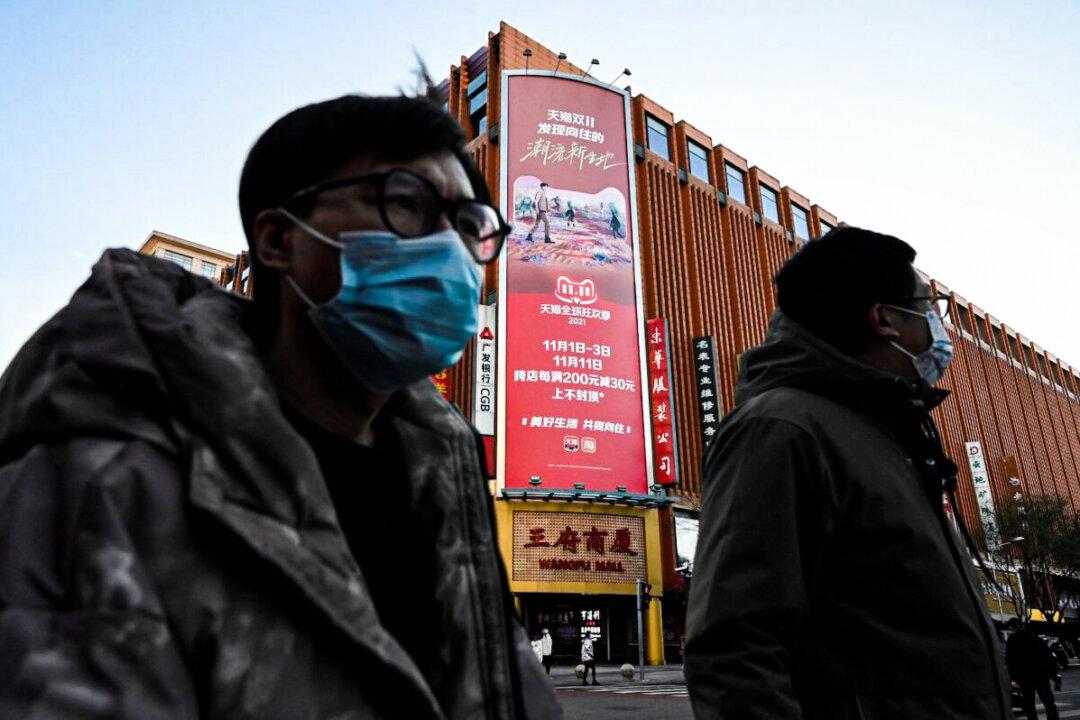After Hong Kong billionaire Li Ka-shing, Asia’s richest man, recently moved his investments out of China, state media accused him of being unethical and ungrateful, fleeing China when the economy was slowing despite having profited handsomely in better times. He Qinglian, a noted economist, explores the tensions between power and capital in today’s China.
Li Ka-shing’s “escape” has sparked heated discussions in China. This debate should be understood as a war between power and capital; it reveals the tripartite dilemma of investing in today’s China.
The first dilemma: Hong Kong investment has always been regarded as “internal” capital with a foreign name.
From the time when Deng Xiaoping started the reform and opening policy, up until the 1990s, Hong Kong investment was the most important component of all foreign investment, followed by Taiwan. Hong Kong’s location and its special economic role were part of the political considerations that prompted the Chinese Communist Party (CCP) to treat Hong Kong as “foreign” investment.





